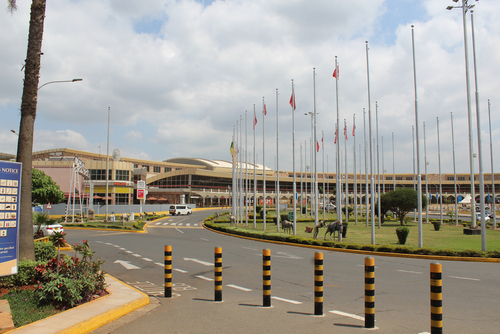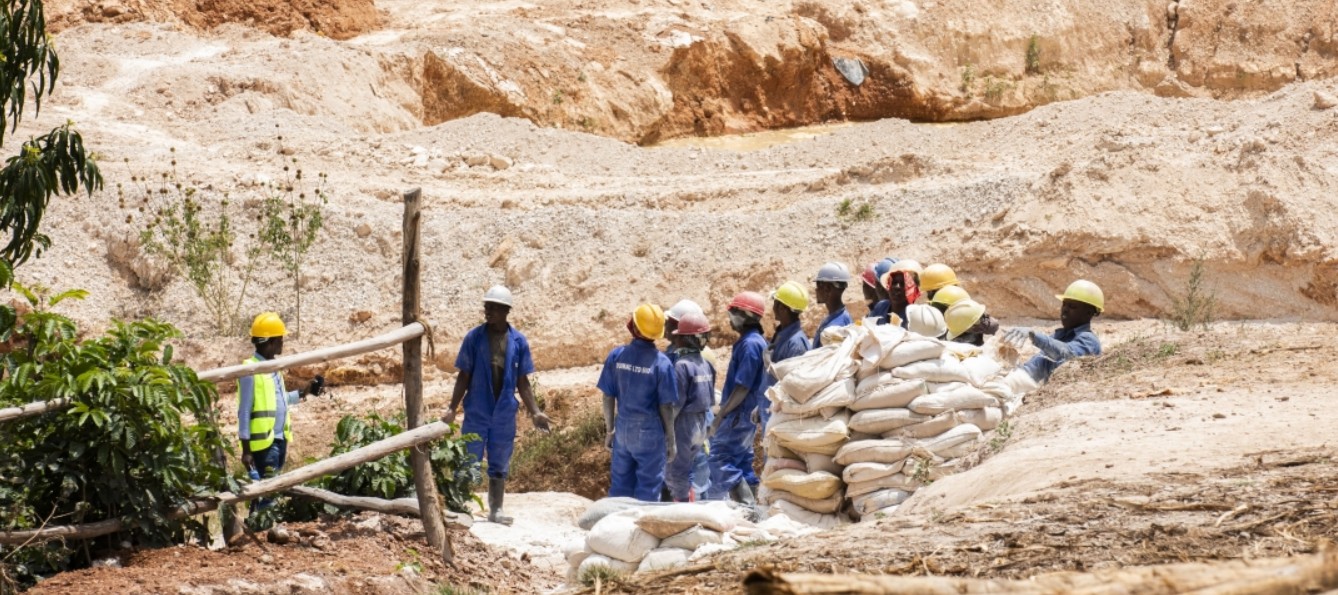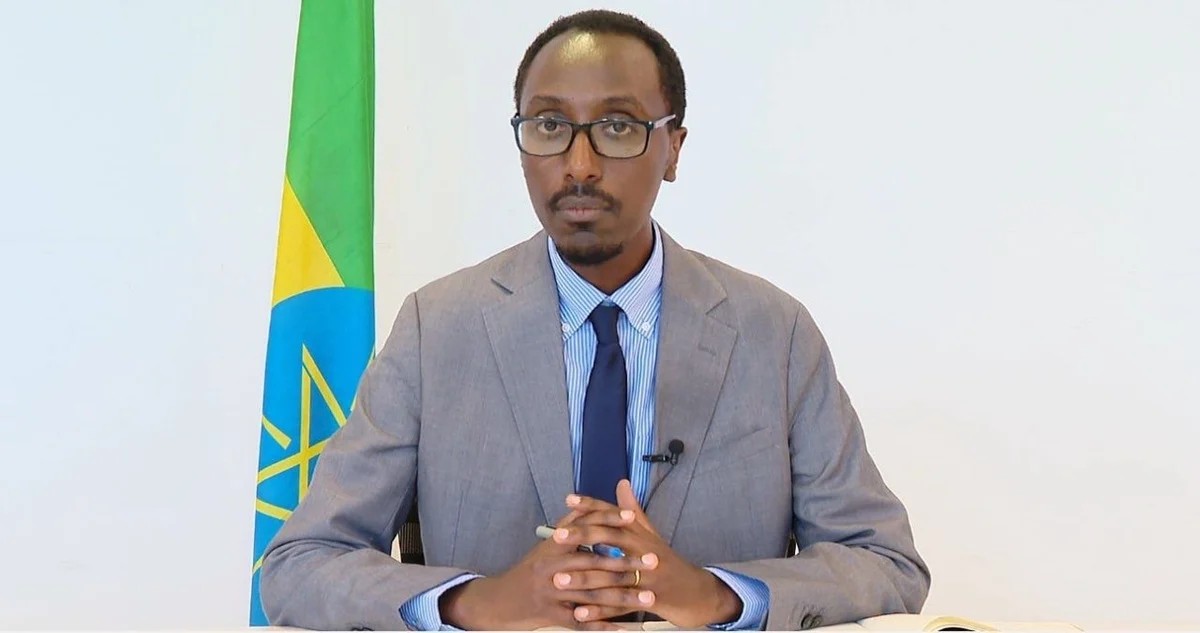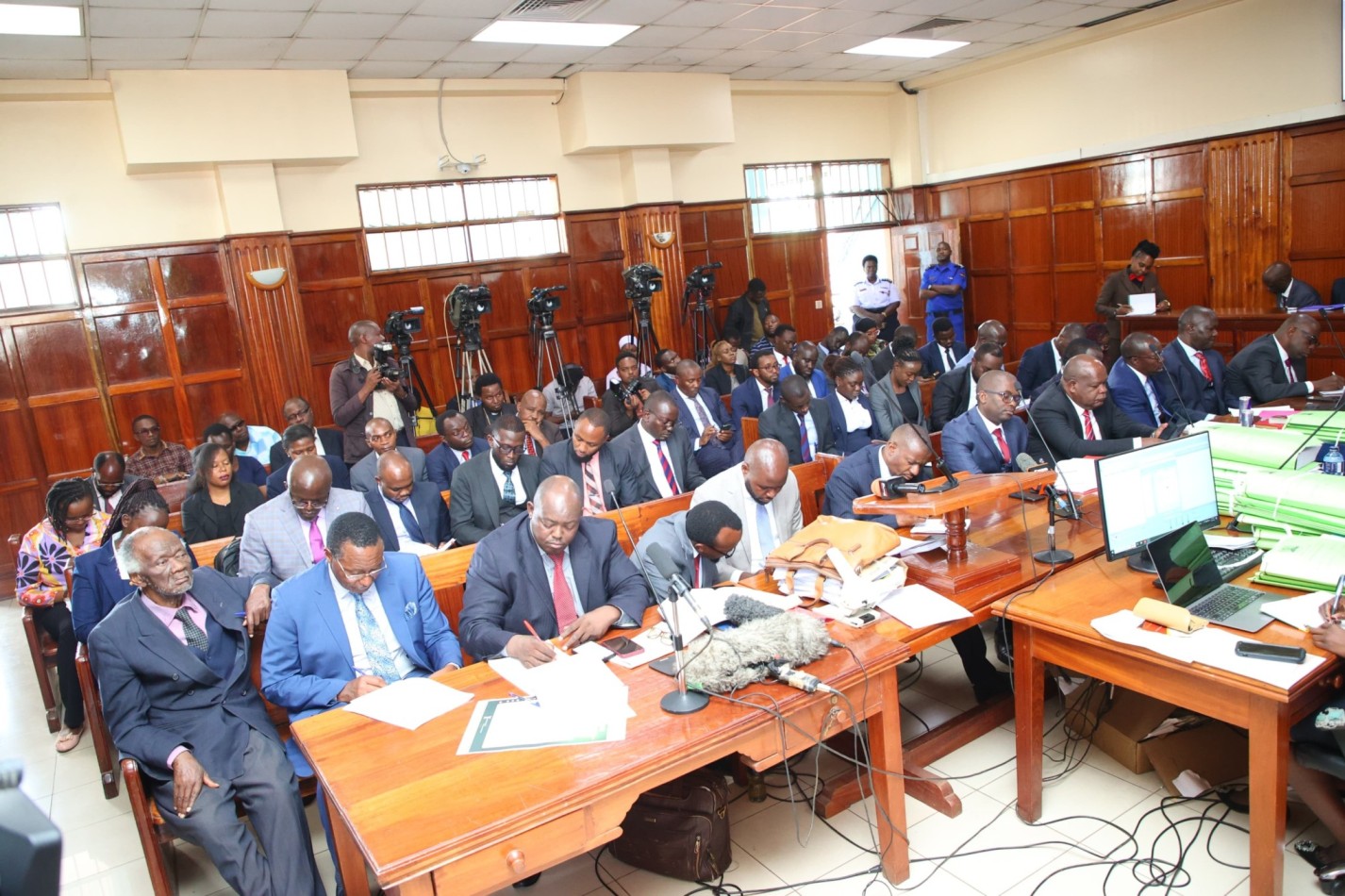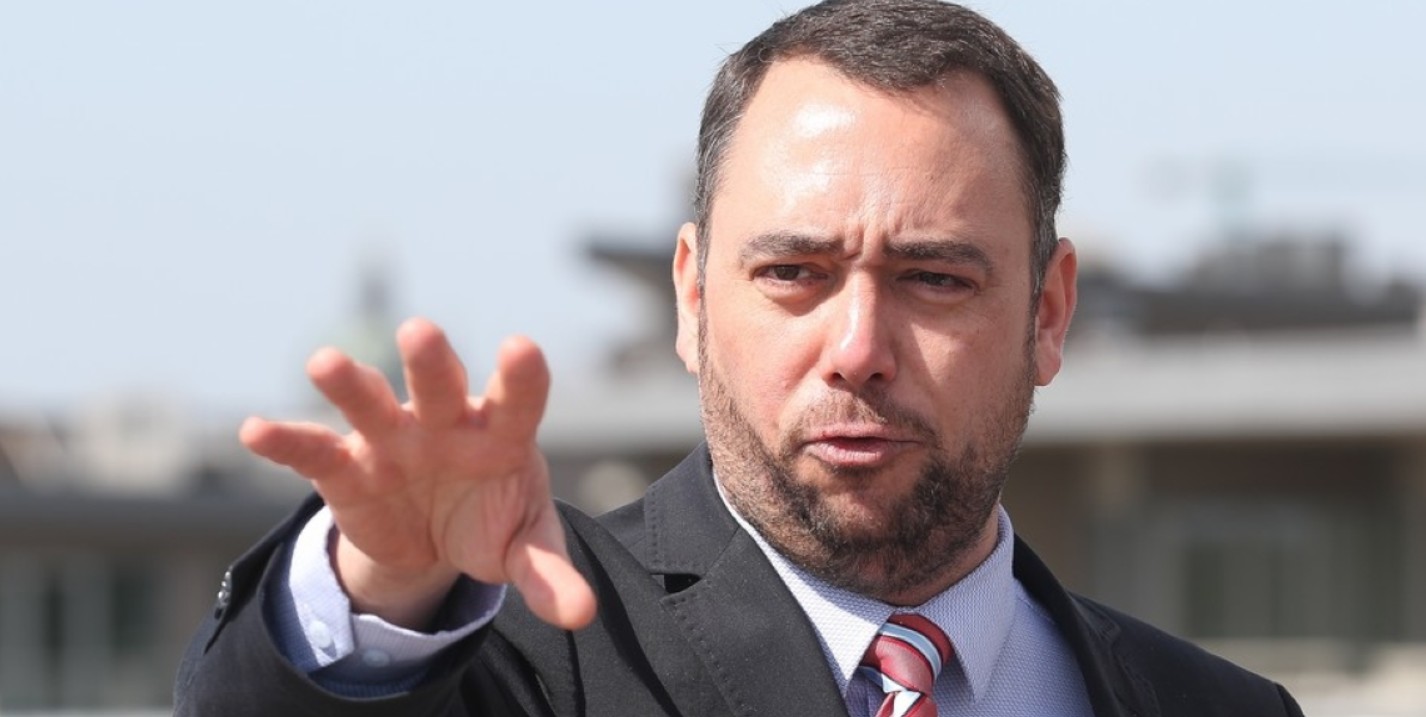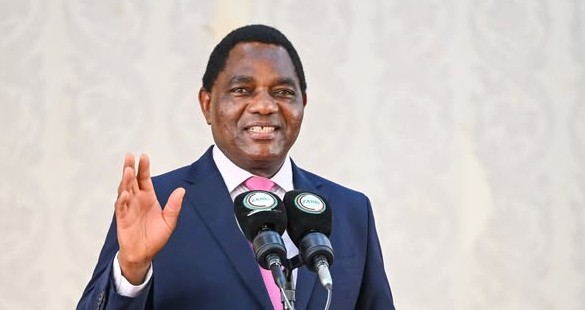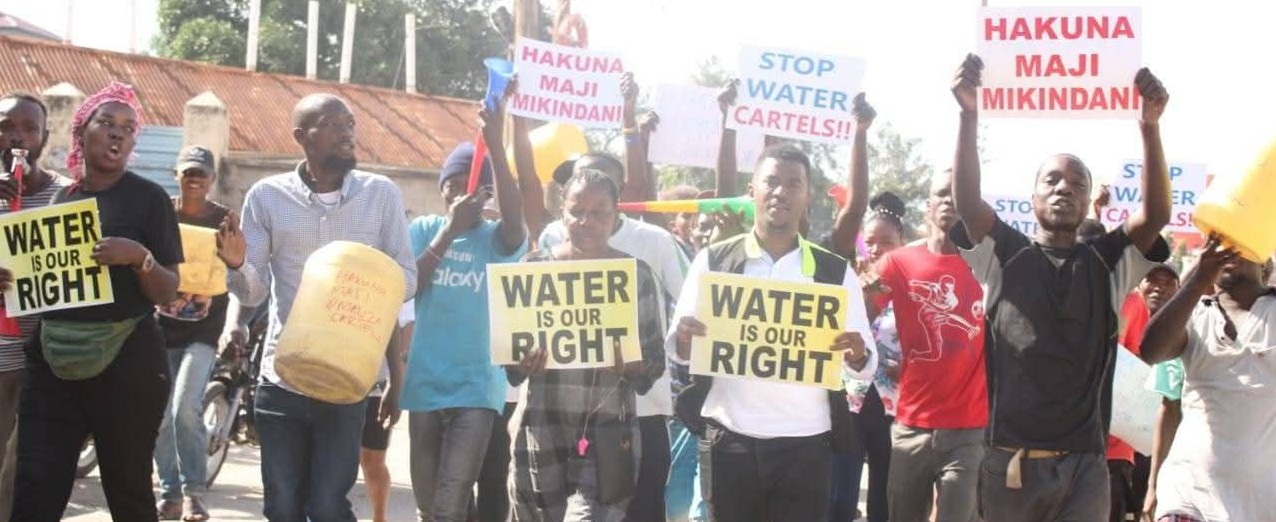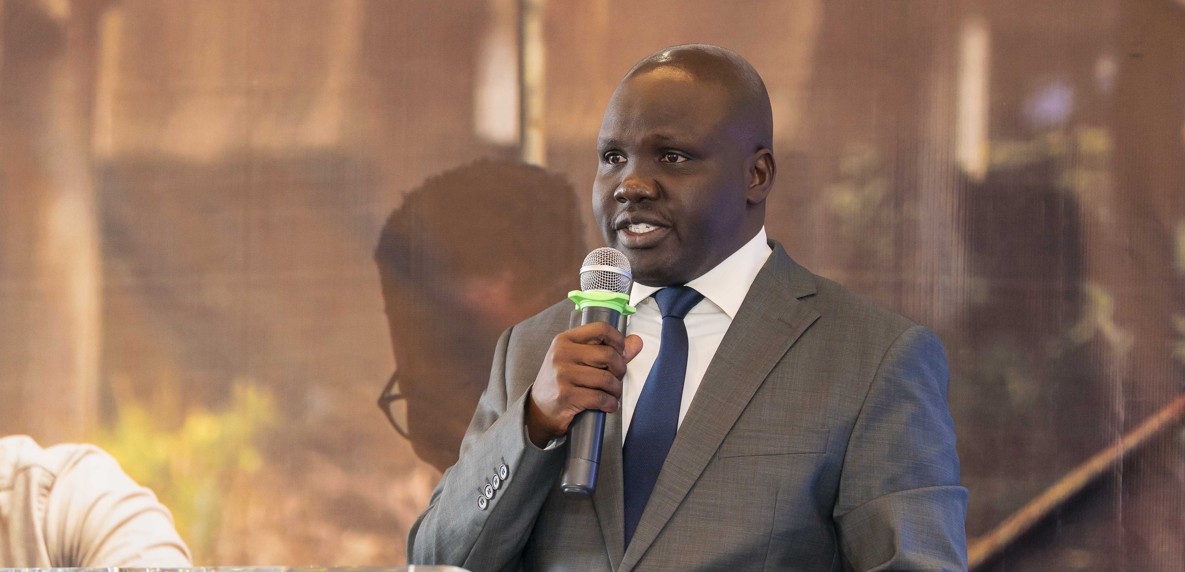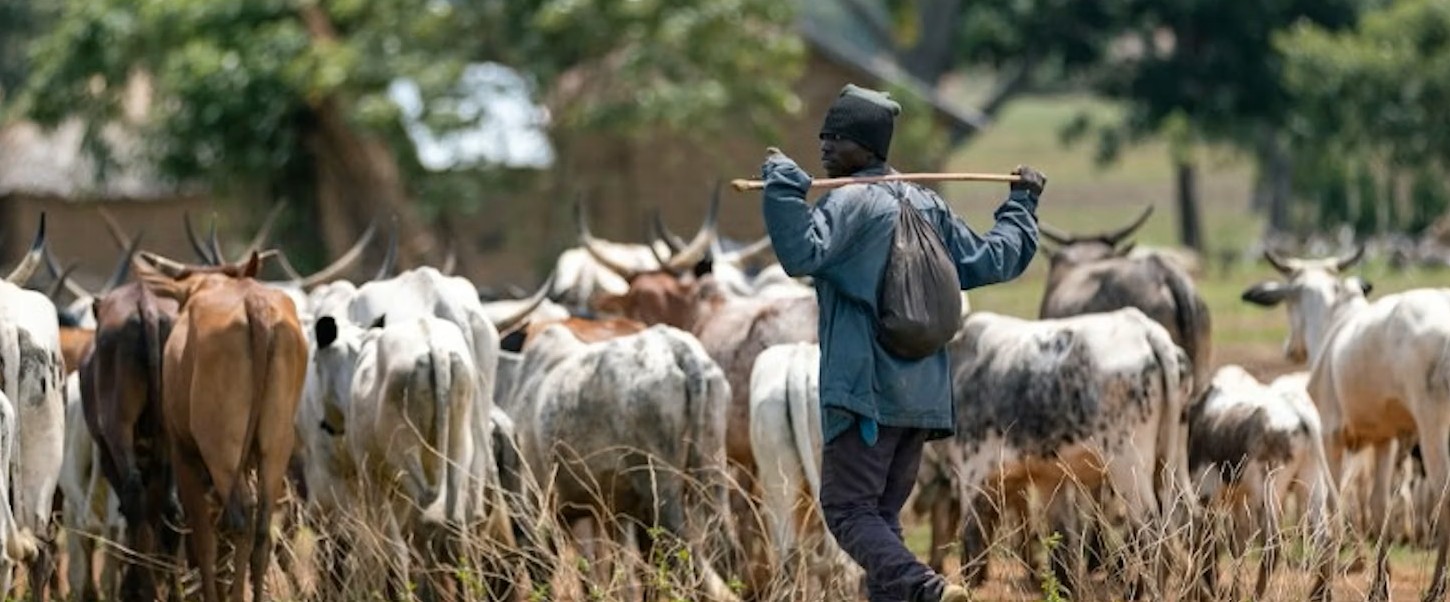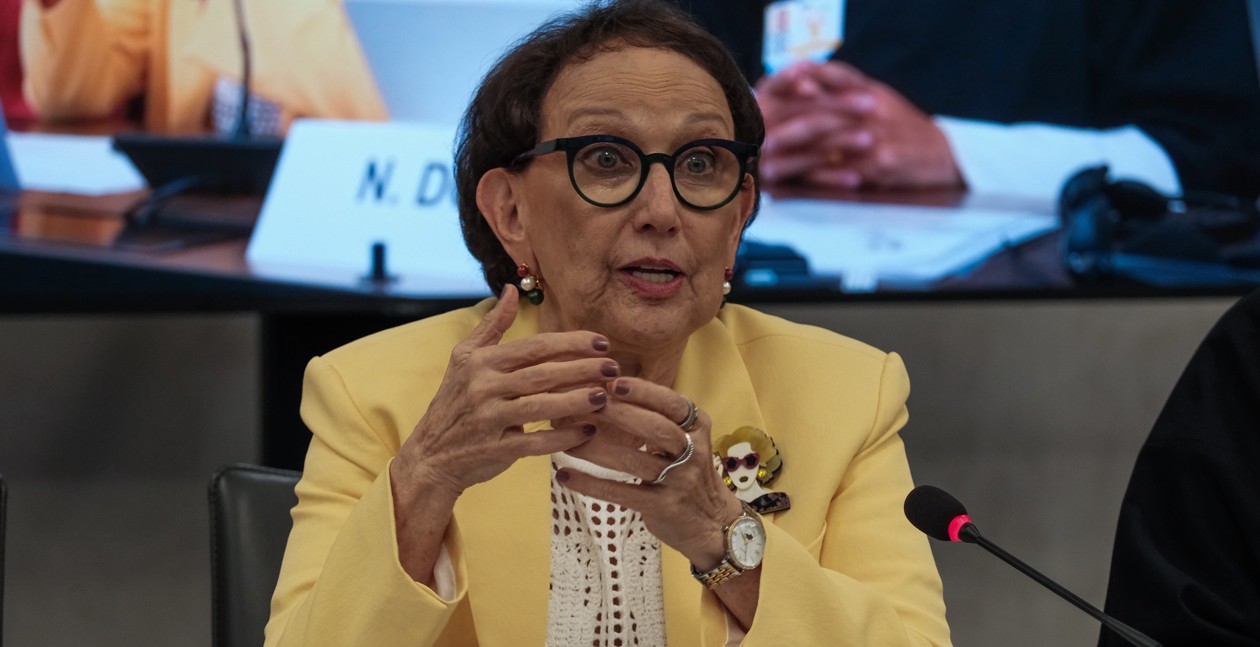Kamukunji rallies against vaccine myths as leaders take immunisation door-to-door
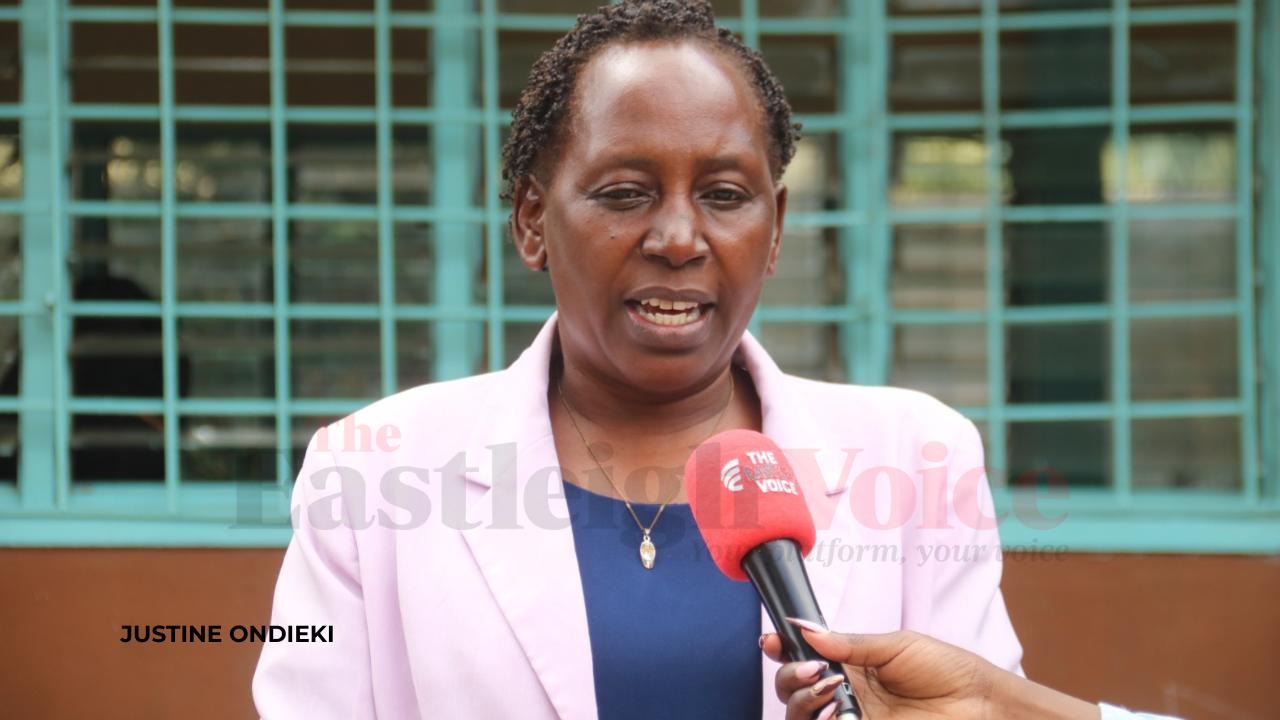
Community chiefs and health workers launch door-to-door campaigns in mosques, markets, and schools to ensure children get life-saving immunisations on time
Community leaders in Kamukunji, Nairobi, are raising the alarm over low childhood immunisation rates in the area, pointing to language barriers, misinformation, and cultural misconceptions as major obstacles. They are calling for stronger, targeted communication strategies to ensure every child receives life-saving vaccines on time.
Speaking at a recent forum, stakeholders highlighted Kamukunji’s highly diverse population, which includes Somalis, Karamojong, Burundians, Rwandese, Oromo, and other communities. The area has also seen an influx of foreign nationals, some of whom have never been vaccinated in their countries of origin.
More To Read
- Kenya reports progress in HPV vaccination, still short of WHO target
- African nations pledge to boost local manufacturing of medical products
- WHO says polio eradication still feasible despite Sh219 billion funding cuts
- HPV blood test shows promise for early detection of multiple cancers, study finds
- How Kenya's adoption of single-dose HPV vaccine could boost fight against cervical cancer
- What chaos at the US CDC could mean for the rest of the world
Many residents face significant language barriers, making it difficult to understand public health messages. Some cannot communicate in Kenya’s national languages—English or Kiswahili—and only speak their local dialects. This gap often leads to misunderstandings, mistrust, and, in some cases, resistance to vaccination.
Mohammed Ismael, a community leader representing the Eastleigh business community, said language differences are a major hurdle in immunisation campaigns.
Language barrier
"The main challenge is the language barrier," Ismael explained. "Some health workers cannot communicate effectively with residents, which causes misunderstanding and mistrust. Some parents refuse vaccines simply because they don't understand what they are for or fear side effects they've heard about from others."
He also stressed the importance of mutual respect between health officials and residents.
"Some feel looked down upon when health officials visit their homes. That attitude discourages cooperation," he said. "We must approach households respectfully and in the languages people understand."
Misinformation and myths also persist, with some residents believing vaccines are harmful.
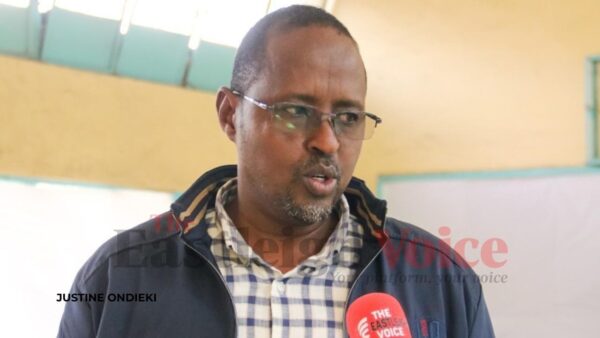 Mohammed Ismael, a Kamukunji community leader, stresses the importance of respectful communication and using local languages to overcome vaccine myths. (Photo: Justine Ondieki)
Mohammed Ismael, a Kamukunji community leader, stresses the importance of respectful communication and using local languages to overcome vaccine myths. (Photo: Justine Ondieki)
Outreach campaigns
To address these challenges, Kamukunji leaders have launched local outreach campaigns to raise awareness and dispel myths. Ismael explained that leaders plan to visit mosques, churches, madrassas, and marketplaces to engage parents directly.
"We have agreed to walk around the community, talk to parents, and teach them why vaccination is important," he said. "We will go door-to-door, in madrassas, mosques, and even markets, to explain that these diseases have no cure — prevention through vaccination is the only way to protect our children."
Ismael emphasised that vaccines not only prevent diseases like measles and polio but also strengthen children’s immunity.
"When a child receives vaccines, the body builds immunity. This helps them grow healthy, strong, and able to fight diseases. We want to raise healthy, godly children," he added.
Routine immunisation
Terresia Kamako, a Nairobi County Health Promotion Officer, said routine immunisation begins at birth and continues through the first year of life.
"The routine schedule starts with BCG and oral polio at birth," she said. "At 6, 10, and 14 weeks, we repeat the polio doses and add the rotavirus vaccine. At 9 months, children receive measles-rubella and the typhoid conjugate vaccine (TCV), along with another injectable polio vaccine (IPV)."
Kamako added that community health volunteers also encourage parents to bring children for growth monitoring, nutrition assessments, and vitamin A supplementation.
"We also give the HPV vaccine to girls aged 10 to 14 years. It's now one dose instead of two as before," she said. "We're reminding mothers that all vaccines are safe and available free of charge in both public and private facilities."
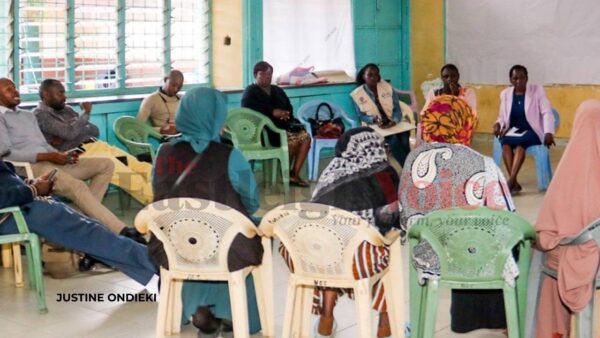 Kamukunji community leaders discussing challenges facing routine immunisation in the sub-county on November 13, 2025. (Photo: Justine Ondieki)
Kamukunji community leaders discussing challenges facing routine immunisation in the sub-county on November 13, 2025. (Photo: Justine Ondieki)
Safety and quality guarantee
She assured that vaccines are supplied and regulated by the government to guarantee safety and quality.
"Vaccines are tested, safe, and effective," she said. "They protect children and the community at large from diseases that can cause lifelong disability or even death."
Mohammed Issack Gedo, Assistant Chief of Eastleigh North, urged parents to vaccinate their children on time.
"We encourage parents to bring their children to be vaccinated. Vaccines are available every day, and they are free," he said.
"In Kamukunji, where many people move in and out from different countries, it's especially important to keep our children protected. Otherwise, we risk new outbreaks."
Crowded urban settings
He noted that even vaccinated children are at risk if others remain unvaccinated, as diseases can spread quickly in crowded urban settings. Gedo also called on private hospitals to actively promote immunisation.
"Most families here prefer private clinics. We are encouraging private facilities to talk to mothers about vaccines and remind them during visits," he said.
Despite growing collaboration with health authorities, some religious leaders supporting vaccination continue to face hostility. Reports indicate threats and even assaults against leaders who allow immunisation activities in madrassas.
"Some madrassas have been forced to close during immunisation weeks due to threats against teachers and religious leaders who cooperate with health officials," said one community leader, speaking anonymously.
Provide better protection
Health and security authorities are being urged to provide better protection for these leaders, whose influence is key to overcoming cultural resistance and misinformation.
Community leaders, health workers, and administrators in Kamukunji agree that improving childhood immunisation requires a community-driven approach. Respectful communication, cultural sensitivity, and joint efforts from parents, religious leaders, and health providers are critical.
The Ministry of Health, in line with World Health Organisation (WHO) guidance, stresses the importance of routine childhood immunisation.
WHO calls vaccines one of the most effective and affordable public health interventions, protecting children from severe illnesses, disability, and death.
Vaccines also protect entire communities through herd immunity, especially in densely populated areas like Kamukunji, where people from diverse regions live close together, increasing the risk of outbreaks.
Top Stories Today

